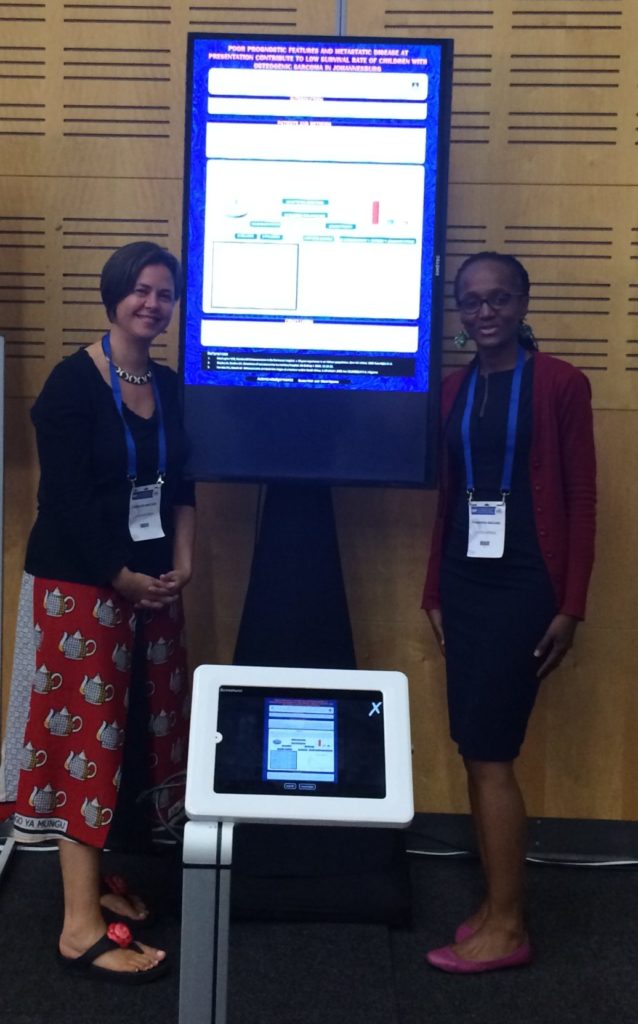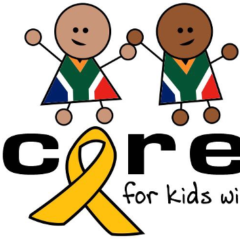In countries and settings with pots of money, most clinicians are not researchers and most researchers are not clinicians. Clinicians are doctors in direct contact with patients rather than being involved with theoretical or laboratory studies while researchers are people who carry out academic or scientific research.
In South Africa, most clinical research is performed by doctors, generally employed in state hospitals, who engage in research to improve the standard of care for their patients. What does it feel like to be a clinician-researcher? And who actually cares? Maybe no-one but I’ll go ahead and share with you anyway.
It feels right
Most of us don’t have the luxury of protected research time but there are phenomenal rewards. Have you ever done something good for someone else and felt surprisingly good afterwards? Given just the right present, helped your child understand their homework, given a large tip to a server, given a warm hug at just the right time – feels good, right? It feels right. Well, childhood cancer research feels like the right thing to do. It feels right to be part of something bigger – a global community of researchers looking for answers to save some lives.
It feels like pressure
Pressure to get it right: research is exacting and requires meticulous work, with little margin for error. A lot is invested in each study, and minor errors can lead to disasters which out the whole trial at risk. We plan, we check, we plan some more, we check some more, we perform the examination or test and we obsessively check again. It has to be exactly right. Then there’s the pressure of trying to fit everything into the day. A proper informed consent process takes 30-60 minutes, what with going through the forms, explaining the study, translating when necessary. And that’s just the parents – explaining to kids is sometimes like a roller-coaster ride mixed with a game of broken telephone, with the kids understanding the funniest things. And that’s often where the fun comes in.
It feels like fun
The first time I got a child’s signature on an assent form for my Ph.D. study was such a delight – they made up a signature for the event, and signed with such seriousness. If it didn’t violate a plethora of confidentiality laws, I’d put a picture of that first signature here. Someone was chopping onions.
Finding the questions, following the answers, making sense of the puzzle is like the best game ever. Crunching the numbers, making a survival curve, seeing if your intervention made a difference – what a thrill. And even a “negative” result is still a result, even if it wasn’t what you expected. Adding to the body of knowledge is what it’s all about.

It feels like a heavy responsibility
There is such a dearth of Africa-specific research that sometimes we don’t even know if their treatments we use the right ones of our patients here at home. We often use treatments that haven’t been created for or tested on children in Africa and we just have to trust that we’re doing the right thing. So it feels like a responsibility to introduce these treatment protocols to our patients in a research setting so we can closely monitor responses and side effects.
It feels exhausting
Somedays we just want to be doctors who come to work, see patients, push the queue and go home. But we force ourselves to pay more attention to the details, check and recheck, questions ourselves, analyse data and THEN go home, only to carry on with more data analysis and writing up at night and on weekends and sometimes on holiday. Sometimes we even take leave to catch up on our research.
It feels like the solution
Why do some kids with cancer survive and some don’t? Why do the ones we expect not to survive end up being long-term survivors? Why do some kids tolerate chemo so much better than others? What can we use when we can’t get the treatment we need? Is there a magic drug that is so much better than the ones we’ve got, that will cure more kids with fewer side effects?
These are some of the questions that occupy our minds, and we look for the answers through our research. It’s slow, it’s painstaking, but we are making progress.
